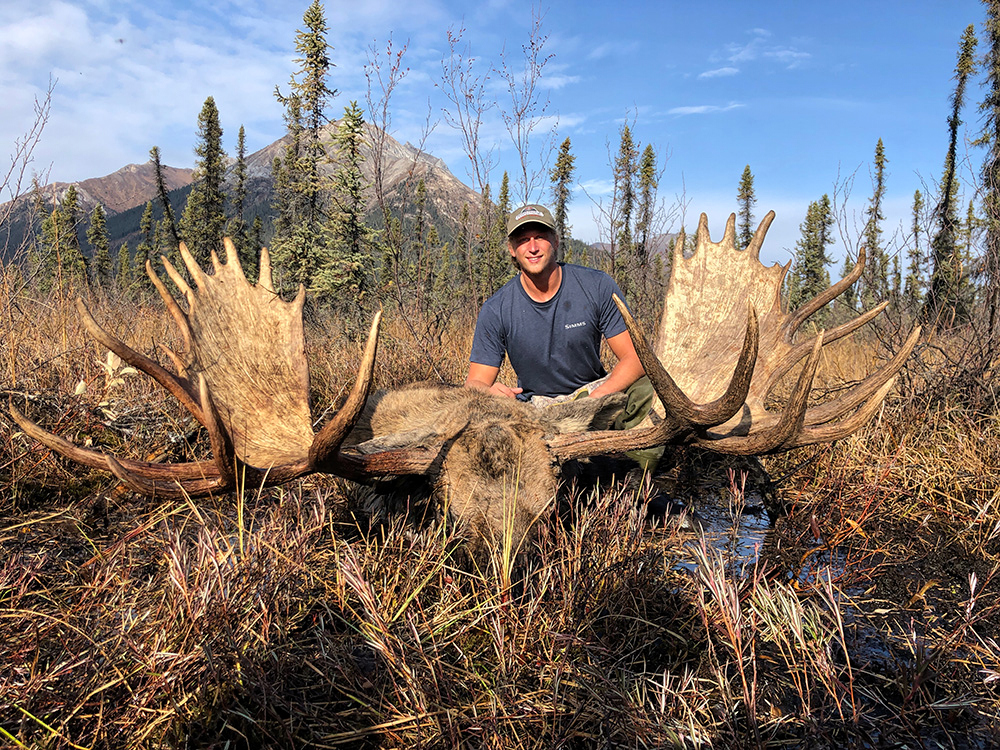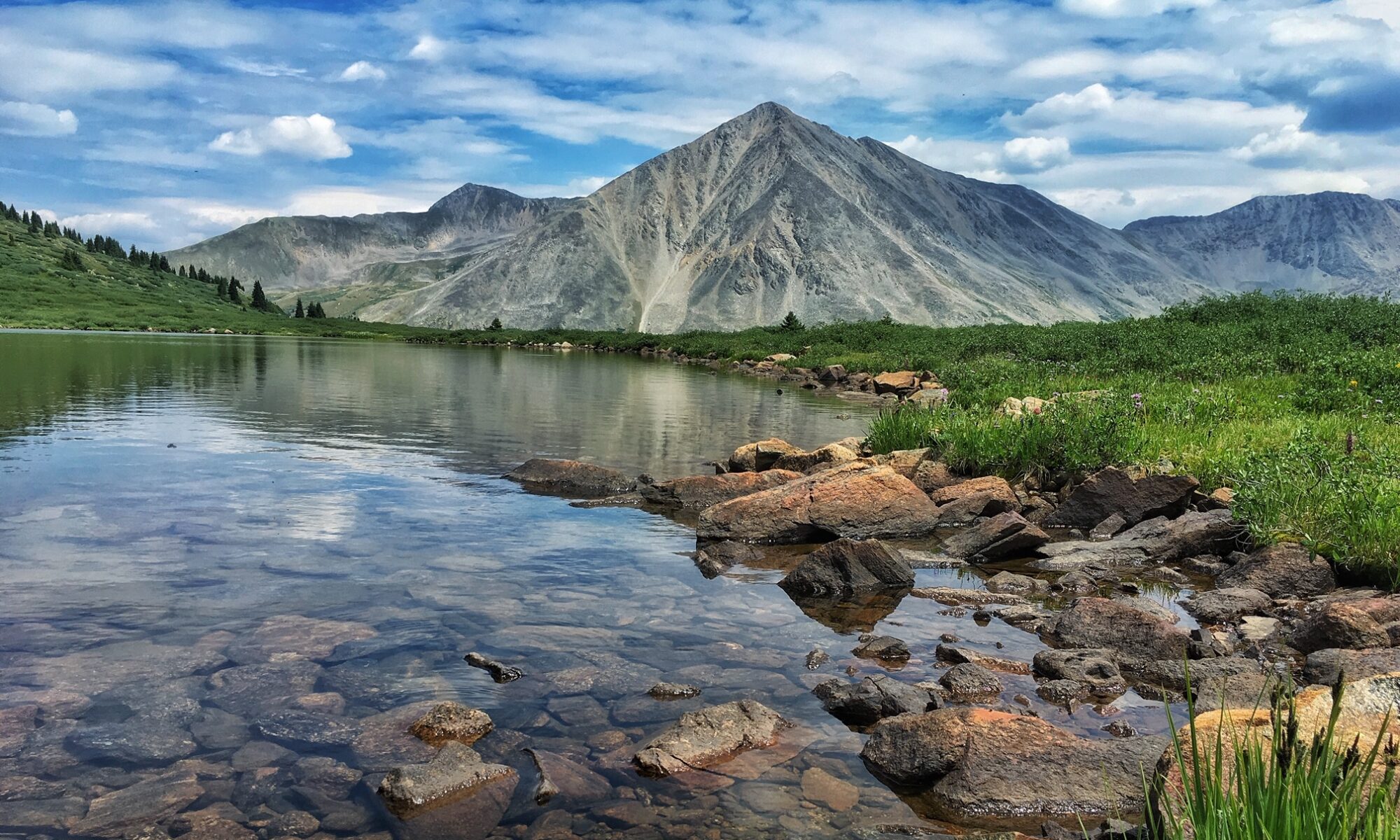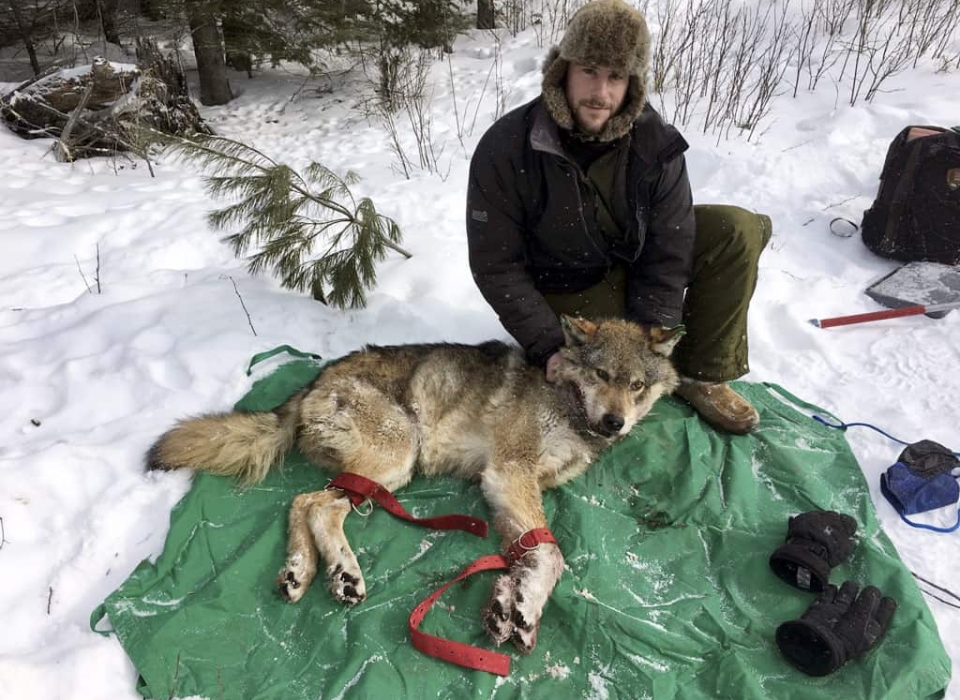The cost of an Alaskan moose hunt typically ranges from $10,000 to $25,000, depending on the outfitter and package chosen. For hunters seeking the thrill of pursuing these majestic creatures in the Alaskan wilderness, the experience is often well worth the investment.
With the opportunity to immerse oneself in the rugged beauty of Alaska’s landscapes and test their hunting skills against one of North America’s largest game animals, a moose hunt provides a unique and unforgettable adventure. From planning logistics and obtaining necessary permits to tracking and harvesting a bull moose, every aspect of the hunt offers challenges and rewards for avid hunters.
Whether hunting solo or with a guided group, the Alaskan moose hunt promises an exciting and fulfilling experience for those willing to embark on this wilderness expedition.
The Cost Of Alaskan Moose Hunt
Embarking on an Alaskan moose hunt is a thrilling adventure for outdoor enthusiasts. However, understanding the costs involved is crucial for planning a successful hunting experience.
License And Tag Fees
Obtaining the necessary licenses and tags is the first step in preparing for an Alaskan moose hunt.
- Resident License: $160 – $500
- Non-Resident License: $850 – $1,100
- Moose Tag: $800 – $1,200
Guided Hunt Costs
Opting for a guided hunt can enhance your chances of a successful moose hunt while providing valuable expertise in navigating the Alaskan terrain.
- 1 Week Guided Hunt: $5,000 – $10,000
- 10-Day Guided Hunt: $8,000 – $15,000
- Luxury Guided Hunt: $15,000+

Credit: qualityhunts.com
Factors Affecting Hunt Affordability
Location And Accessibility
In Alaska, moose hunting costs can vary depending on the location of the hunt. More remote areas often require expensive travel, affecting overall affordability.
Type Of Hunt
The type of hunt you choose is a crucial factor in determining costs for an Alaskan moose hunt. Guided hunts can be pricier than self-guided options.
Tips For Reducing Hunt Expenses
When planning an Alaskan moose hunt, cost is a significant consideration. However, with careful planning and smart decisions, it is possible to minimize expenses without compromising on the overall experience. Here are some effective tips for reducing hunt expenses:
Plan In Advance
Planning your Alaskan moose hunt well in advance can lead to cost savings. Booking flights, accommodations, and guides early can often result in lower rates, ensuring that you secure the best deals. Additionally, early planning allows for more time to research and compare different options, enabling you to make informed decisions about the most cost-effective hunt package.
Group Hunt Discounts
An effective way to reduce hunt expenses is by taking advantage of group hunt discounts. Many outfitters and guides offer discounted rates for group bookings, leading to significant savings for each participant. By organizing a group of fellow hunters to join the trip, you can all benefit from reduced costs without compromising on the quality of the experience.

Credit: 2guysandariver.com
Cost-benefit Analysis Of Diy Vs. Guided Hunts
Embarking on an Alaskan moose hunt is a thrilling adventure filled with anticipation and the opportunity of a lifetime. However, budgeting for such an excursion requires careful consideration, especially when it comes to deciding between the do-it-yourself (DIY) or guided hunt options. Understanding the cost-benefit analysis of these two approaches is crucial in making an informed decision that aligns with your preferences and resources.
Do-it-yourself Hunts
For adventurous hunters who prefer the challenge and independence of planning and executing their own hunts, the DIY option presents an enticing opportunity. Here’s a breakdown of the key cost and benefit factors associated with a DIY moose hunt in Alaska:
Cost Factors
- Transportation: Bear in mind the expenses of airfare, vehicle rental, and fuel required for reaching your hunting destination.
- Equipment and Gear: Proper hunting gear, camping essentials, and other equipment needed for wilderness navigation and survival can incur significant costs.
- Licensing and Permits: Ensure you have the necessary licenses and permits required by the Alaskan authorities, including non-resident hunting licenses, tags, and stamps.
- Food and Supplies: Consider the expense of purchasing and packing ample food supplies, cooking gear, and other necessities for the duration of your hunt.
Benefit Factors
- Flexibility: With a DIY hunt, you have the freedom to set your own schedule, choose your hunting locations, and adapt your strategy as you see fit.
- Sense of Accomplishment: The satisfaction of planning and executing a successful hunt on your own terms can be immensely rewarding.
- Cost Savings: By eliminating the fees associated with hiring a guide and potentially sharing expenses with hunting partners, DIY hunts can be more budget-friendly.
- Enhanced Learning Experience: Overcoming challenges and gaining hands-on experience in all aspects of the hunt can deepen your knowledge and skills as a hunter.
Guided Hunts
If you prefer a more structured and guided experience, opting for a guided moose hunt in Alaska might be the perfect choice. Consider the following factors when weighing the cost and benefits of choosing this option:
Cost Factors
- Guide and Outfitter Fees: Guided hunts involve paying for the services and expertise of experienced guides and outfitters.
- Accommodation: Accommodations during the hunt, such as lodges or tent camps, often come with additional costs.
- Transportation: Guided hunts may provide transportation to and from hunting locations, which can impact the overall budget.
- Trophy Preparation and Shipping: If you plan to bring your moose trophy home, be prepared for the expenses related to field dressing, taxidermy, and shipping.
Benefit Factors
- Expertise and Local Knowledge: Professional guides possess extensive knowledge of moose behavior, hunting techniques, and optimal locations, increasing your chances of a successful hunt.
- Safety and Security: Hunting with a guide ensures you have experienced support and assistance throughout the journey, enhancing your safety and peace of mind.
- Equipment and Gear: Many guided hunts provide access to high-quality gear, reducing the need to invest in expensive equipment on your end.
- Smooth Logistics: With experienced guides managing the logistical aspects of the hunt, you can focus solely on the hunting experience without worrying about the finer details.
Ultimately, the decision between a DIY or guided moose hunt in Alaska depends on your preferences, budget, and desired level of independence. Analyzing the costs and benefits of each approach can help you make an informed decision that ensures an unforgettable hunting experience in the rugged Alaskan wilderness.
Balancing Cost And Quality Of Experience
When it comes to planning an Alaskan moose hunt, finding the right balance between cost and quality is essential. You want an unforgettable experience without breaking the bank. Evaluating your expectations and considering the economic factors can help you make an informed decision.
Evaluating Expectations
Before delving into the economic considerations, it’s important to evaluate your expectations for the moose hunt. Are you in search of a trophy-sized bull or simply looking for the thrill of the hunt? Understanding your goals will help you narrow down your options and find a guide or outfitter that aligns with your desired experience.
Economic Considerations
While embarking on an Alaskan moose hunt can be a dream come true, it’s essential to consider the potential costs involved. From travel expenses to licenses and permits, every aspect contributes to the overall price tag. Here are a few economic factors to keep in mind:
- Outfitter and Guide Fees: The expertise and assistance of a knowledgeable outfitter or guide can significantly enhance your hunting experience. However, it’s important to consider their fees and make sure they fit within your budget.
- Travel Costs: Getting to the hunting location may require airfare, accommodations, and transportation expenses. Researching the most cost-effective options can help reduce the financial burden.
- Hunting Gear and Equipment: Investing in high-quality gear is essential for a successful moose hunt. However, finding the right balance between quality and affordability is key. Consider borrowing or renting certain items to keep costs down.
- License and Permit Fees: Hunting in Alaska requires specific licenses and permits. Be sure to familiarize yourself with the costs associated with obtaining these necessary documents.
- Trophy and Meat Processing: If you’re planning to take your moose trophy home or bring back some delicious game meat, consider the costs of processing, shipping, and taxidermy services.
- Hidden Expenses: Don’t forget the incidentals! They can add up quickly. Factor in additional costs like gratuities, taxes, and unexpected expenses that may arise during your trip.
By carefully evaluating your expectations and considering the economic factors, you can strike a balance between cost and quality that ensures an unforgettable Alaskan moose hunting experience.

Credit: queticosuperior.org
Frequently Asked Questions Of Alaskan Moose Hunt Cost
How Much Does An Alaskan Moose Hunt Cost?
The cost of an Alaskan moose hunt can vary depending on several factors, such as the outfitter, duration, and location. On average, you can expect to pay anywhere from $10,000 to $25,000 for a guided hunt. Additional expenses like travel, licenses, and accommodations should also be considered.
What Is Included In The Cost Of An Alaskan Moose Hunt?
The cost of an Alaskan moose hunt typically includes services like a professional guide, transportation during the hunt, lodging, meals, and field dressing of the moose. However, it’s important to clarify the specific inclusions and exclusions with the outfitter before booking to ensure you have a clear understanding.
Are Non-resident Hunting Licenses Required For An Alaskan Moose Hunt?
Yes, non-resident hunting licenses are required for hunting moose in Alaska. You will also need to obtain a big game tag specifically for moose. These licenses and tags can be purchased from the Alaska Department of Fish and Game website or through licensed vendors.
Make sure to check the latest regulations and fees before applying.
Conclusion
The cost of an Alaskan moose hunt can vary widely, depending on several factors such as guide services, equipment, and hunting permits. It’s important to carefully research and plan your budget to ensure a successful and enjoyable hunting experience in the Alaskan wilderness.
With proper preparation and understanding of the associated costs, a moose hunt can be a truly rewarding adventure.



